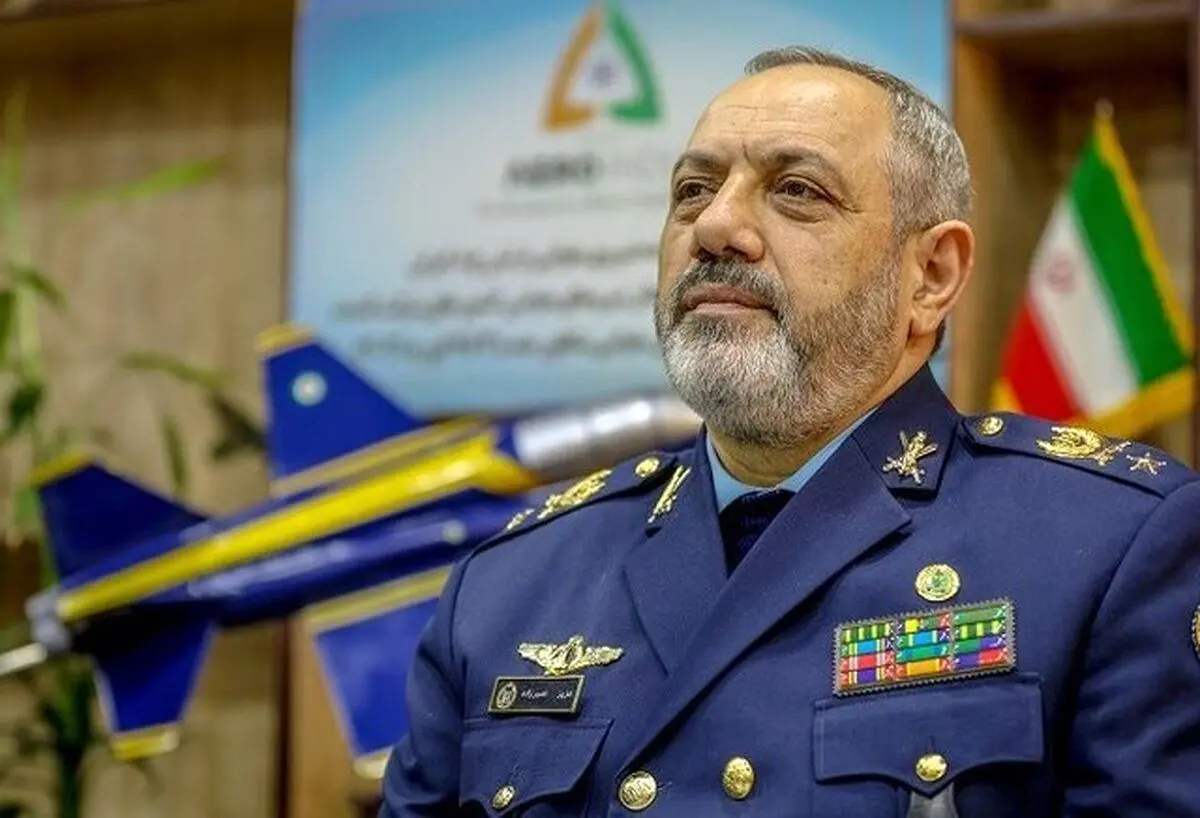SAEDNEWS: Iran’s Defense Minister Amir Nasirzadeh highlighted the development of advanced missile systems capable of evading enemy defenses, emphasized military self-reliance, and pointed to the integration of AI and other modern technologies as priorities for the country’s defense industry.

Iranian Defense Minister Amir Nasirzadeh, in an interview on the “Special News Dialogue” program, stated that over the past year, Iran has tested a new generation of missiles with highly advanced warheads and maneuverability, capable of bypassing enemy air defense systems.
Referring to the recent 12-day conflict and emerging threats against Iran, Nasirzadeh emphasized that the war highlighted areas requiring development both offensively and defensively. He stated that the future of Iran’s defense industry should be structured based on these trends.
Comparing Iran’s defense capabilities to its adversaries in the conflict, Nasirzadeh said that Iran faced not only Israel but also the United States and some European countries, which provided equipment, logistical, and military support. He acknowledged technological gaps but emphasized that battlefield management depends on multiple factors beyond equipment alone, allowing Iran to control the situation.
While missile development remains a priority, Nasirzadeh noted that other domains, including air, ground, and naval warfare, are also considered for future development. He highlighted the importance of relying on domestic production to ensure the armed forces’ needs are met, particularly during crises.
Nasirzadeh also confirmed that Iran possesses missiles with warheads more advanced than those used in the recent conflict, including the Khorramshahr 5 missile. Over 90% of Iran’s military equipment is produced domestically, especially solid- and liquid-fuel missiles, with only minor dependencies on certain raw materials.
He highlighted the move towards integrating artificial intelligence into military systems, stressing the importance of modern technologies for future conflicts. Nasirzadeh also reflected on the challenges of communicating the achievements of the 12-day war to the public and emphasized the need for transparent and accurate defense reporting.
Finally, Nasirzadeh remarked on his participation in the Shanghai Summit during the conflict, noting that foreign observers were surprised by Iran’s resilience and effectiveness in the war.

